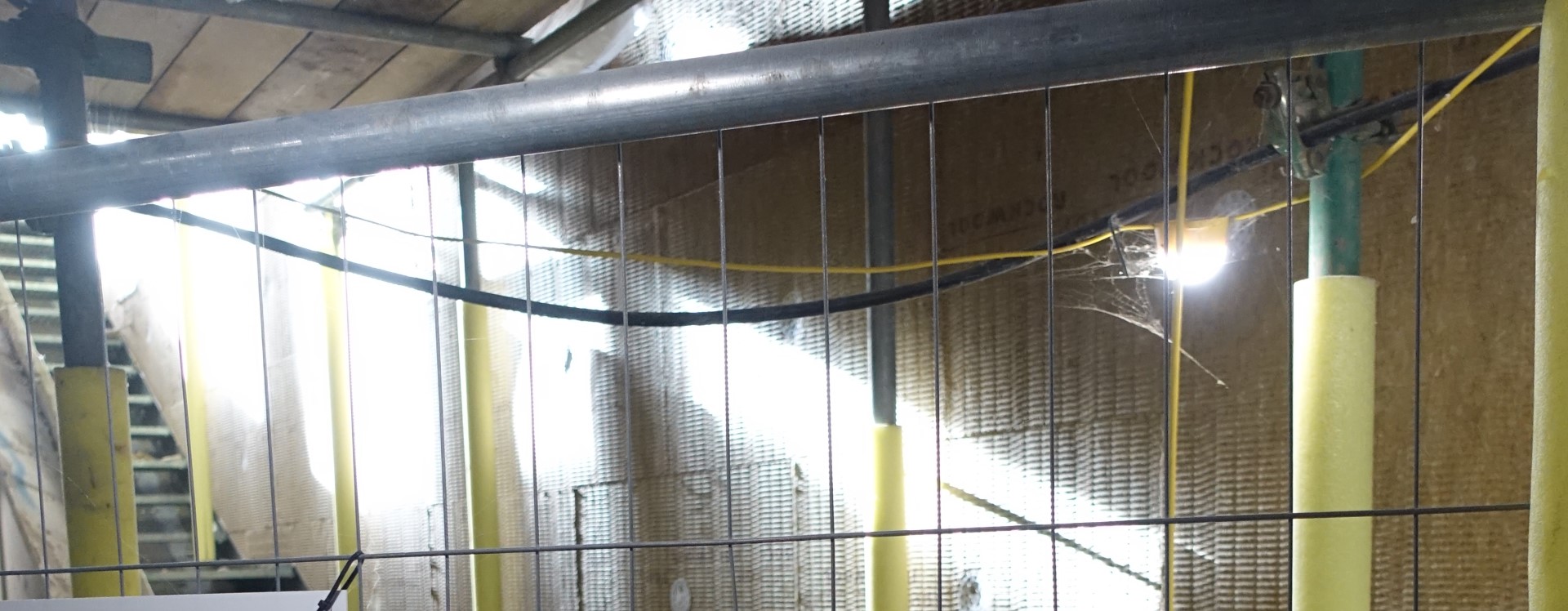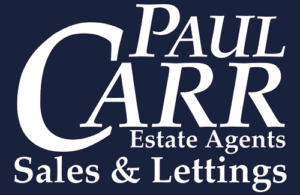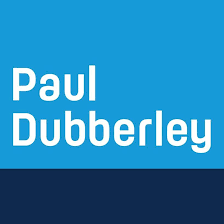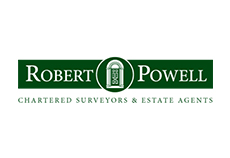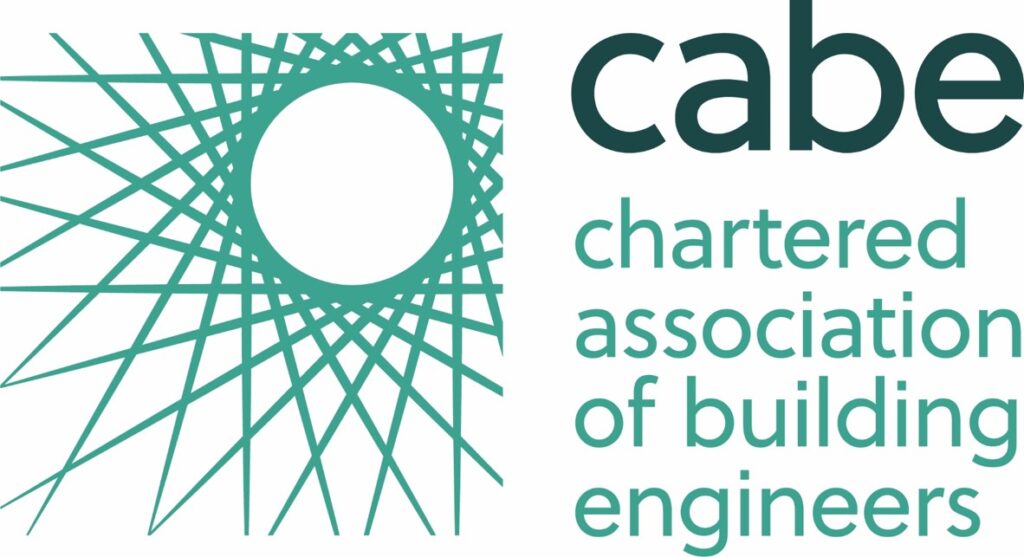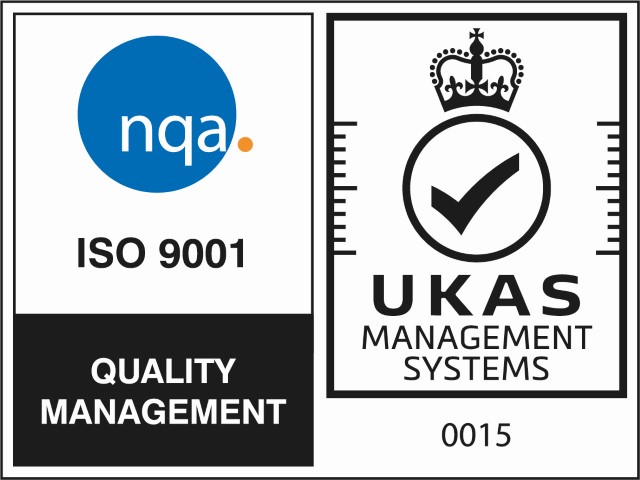Are There Bats in Your Property
Bats
The towns and cities built by humans have destroyed many of the natural habitats of bats. However, bats have successfully adapted to using man-made buildings for breeding and roosting. Despite bats rarely causing any problems, many people have a fear of them and are concerned if they find the animals nesting in their homes.
Background
The UK is home to 17 different species of bat, all of which are very small, weighing less than 30 g. They take shelter in small spaces within buildings, and will not gnaw cables or build nests. Although bats will produce droppings, they do not pose a threat to human health. Bats hibernate during winter and so their presence does not normally become apparent until the summer months, though even then they are most active at night.
Bats and the Law
If you are worried about the bats in your home, it is important to contact Natural England for advice before taking any action, as bats are protected by the Wildlife and Countryside Act 1981, as amended by the EC Habitats and Species Directive 1992 (brought into force via the Habitats and Species Regulations 1994). This means that it is a criminal offence to deliberately capture, harm or kill a bat, to deliberately or recklessly disturb bats, to damage, destroy or obstruct roosts, or to be in possession of a bat.
Are there bats in your property?
Bats are extremely common, and it is advisable to check any areas where they are likely to roost before carrying out building works. If there is any doubt, a Chartered Surveyor can arrange a survey that will ensure the property is thoroughly examined for any signs of bats, using both visual techniques and ultrasound detectors. This will prevent any infringement of the law, thereby avoiding fines or prosecution.
Living with bats
In many cases homeowners and bats can coexist without any problems. The legal protection afforded to bats means care is necessary if you plan to undertake any building works. It does not mean the works cannot be carried out, rather that special precautions may be necessary.
Natural England can provide free advice on how to ensure any works are legal. In most cases this will involve using special techniques or working at a particular time of year, however, in certain cases a licence can be issued so that more extreme renovations can be carried out. For example, a loft conversion may be impossible to perform without disturbing nests. In such cases, Natural England should be contacted in the first instance, but you may also need professional advice from an ecological consultant.
Or contact us for more information:
info@allcottassociates.co.uk | 0333 200 7198

